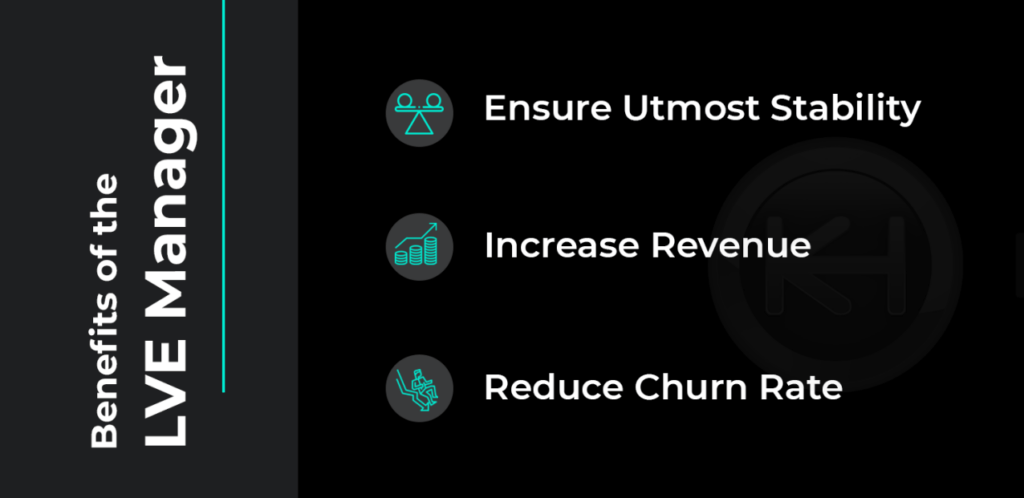How CloudLinux can increase profitability

[ad_1]
In the world of shared web hosting, there is the desire to want to get the most out of your server without compromising performance. CloudLinux comes to provide that opportunity. A premium product that introduces features that allows you to scale. With that scaling comes increased profits by introducing more density per server.
In a similar article, we briefly gave a run-down of “What Is CloudLinux?“. We touched on what CloudLinux is and how it replaces your current operating system, introducing a comprehensive suite of tools to boost your server capabilities. Furthermore, it provides a greater advantage over your more traditional web hosting environments, but did you know that this can help increase server profits too?
Introducing the LVE Manager
To increase the account density per server is where CloudLinux’s LVE Manager comes into play. By providing a solution that allows for specific resource control at the user level. It then allows server administrators to create packages to limit CPU, RAM, I/O and other various resources. As a result, it contains websites that may use more resources then what they should. The benefit of this is preventing a single website/customer from causing any sort of system instability.
The Lightweight Virtual Environment (LVE) provides the isolation of hardware resources placing each website within their own container. With proper configuration, you can place more accounts per-server reducing the need for additional hardware as you expand.
Benefits of the LVE Manager

There are various benefits that CloudLinux’s LVE Manager provides to make your hosting endeavor to be more profitable. By introducing CloudLInux to your cPanel or DirectAdmin environment provides your systems administrators with the ability to monitor and set resources per-site. Let’s go over some other advantages brought by the LVE Manager.
1. Provides more efficient servers
With CloudLinux and LVE, you’re able to increase the performance of your servers by fine-tuning the resource needs of your websites. This means that you can put more websites per server, reducing the need for server upgrades and reducing maintenance needs for those upgrades
2. More stable environments
With the websites isolated and restricted to their own specific resource usage, you introduce stability into your server environments. No more sudden downtime and bouts of instability at the result of any single website. Instead, that single website gets affected, leaving the rest of your users to continue operating without disruption
3. Optimized servers
A well-configured CloudLinux server helps reduce the hardware footprint, which in turn reduces the need for additional servers. Allowing you to do more with less, increasing potential profits per server. Turning those two shared servers into one shared server.
4. Increasing customer loyalty
A stable environment with limited downtime and constant time-tested performance helps ensure customer retention. Customers are less likely to search for alternative hosting when their website is in a stable environment providing consistent results.
Conclusion
Web hosting in traditional environments can suffer drawbacks that can hurt company profits with constant performance issues and downtime. Introducing a system like CloudLinux can provide stable, flexible and secure environment will help further increase profitability while reducing overall costs for additional hardware.
Let KnownHost help you! Increase your profits by installing CloudLinux on your Cloud or Dedicated Server.
[ad_2]
Source link
